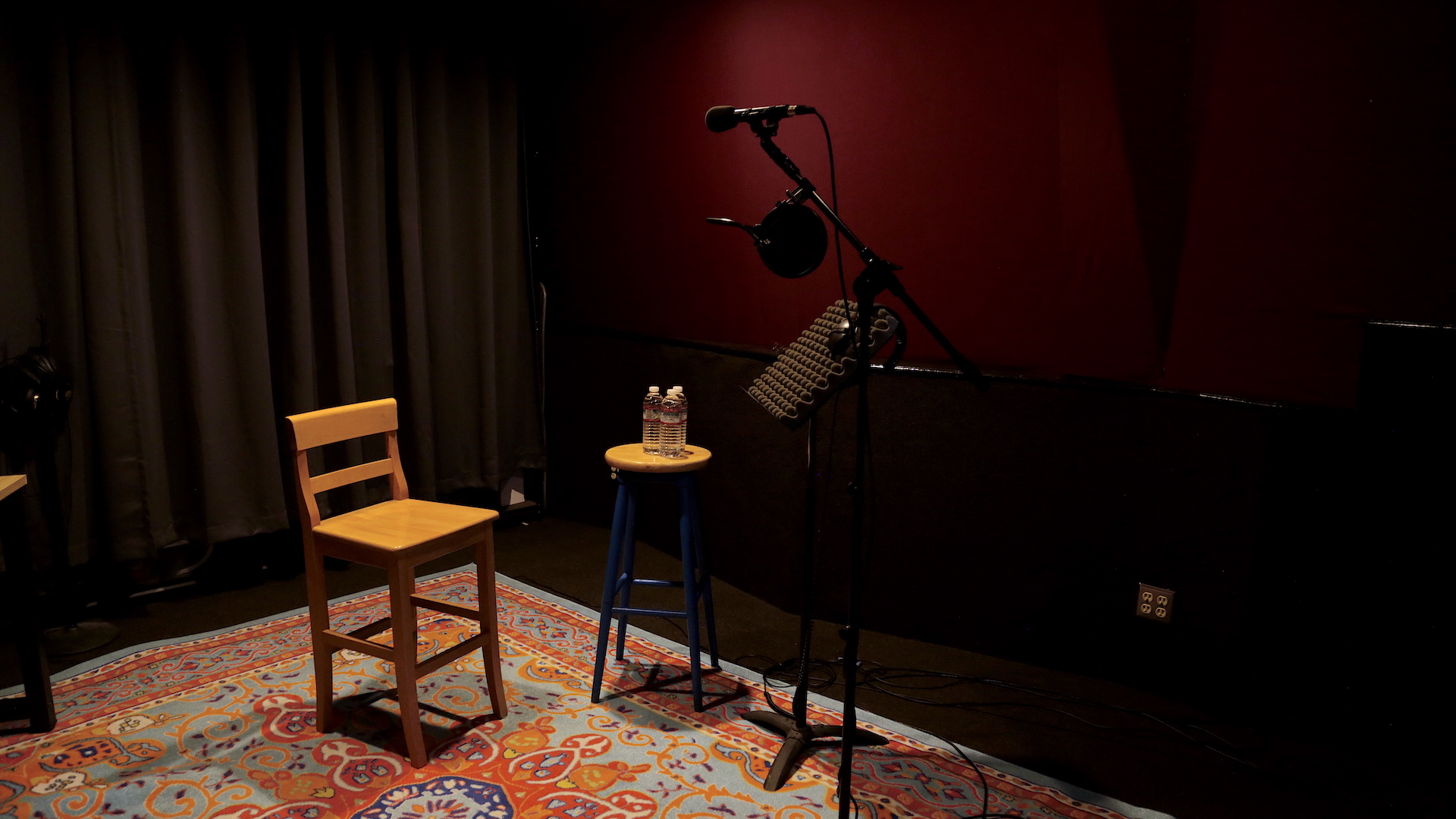Actors and writers are the ones walking picket lines, but the dual-strikes’ collateral damage can be felt all the way to the sound booths. Without actors, the ADR mixing that can work magic in the editing room is D.O.A.
ADR, which stands for automated dialogue replacement, is the process by which actors re-record dialogue after production. If done properly, the new audio can be seamlessly spliced into the movie as though it was the track from the original on-set take. Though it’s sometimes a last resort in the interest of preserving a performance, ADR is a common means of replacing a “dirty line,” or one corrupted by unwanted background noise. It also helps to fill in the gaps if a story needs to be tweaked without dramatic edits — or God forbid, reshoots.
But with performers on strike, sound engineers and mixers also find themselves on the sidelines. In the weeks leading up to the work stoppage, the smart ones were busier than ever.
You probably couldn’t get sound supervisor Ugo Derouard (“Fair Play,” “Clerks III”) on the phone earlier this summer. With a potential SAG-AFTRA strike looming, Derouard booked ADR days up to 10 hours long for principal actors for three indie features. He scheduled the studio time far earlier than it would ordinarily fit in the post-production process. (ADR usually takes place in mid-to-late post-production.)
Each of Derouard’s productions agreed to skip the dialogue edit, which normally happens first, and ponied up the cash to expedite the process of combing through production sound. Derouard then repeated his process for “loop group ADR,” or the background dialogue you might hear in crowd noise, over radios, or on the phone. These practices aren’t unheard of when working on tight deadlines, but the pressure of a strike made things “a bit of a mad house,” he told IndieWire.
“We probably shot more ADR than we were really going to need, but we just wanted to be safe,” he said. “There’s nothing new that we weren’t already doing. We just had to rush to do it and make sure we did it well, because we’re not getting another shot at it.”

Derouard said ADR studios across Hollywood were booked solid for weeks leading up to the actors’ strike beginning in mid-July. Now they’re all empty. (With ADR completed on his projects, Derouard’s company Ugosound is working on all the other sound design elements that still need completing, but that work will dry up before long.)
One ADR mixer who works at a major mixing facility in Los Angeles told IndieWire she was “really slammed” in those final weeks and months, with everything from indie to major studio and network productions shuffling their actors through the door. It was chaos: Work was coming in without proper time codes or specific lines listed by production, she said, creating an added scramble to identify the right moments that needed additional recording. One request came in for a 4 a.m. remote recording session — even sound mixers need sleep.
Sadly, now they can nap all day. The ADR mixers are now completely out of work, the source said, until the actors strike concludes. Well, almost completely. Films that have obtained interim agreements from SAG-AFTRA, colloquially referred to as “waivers,” might provide an added bit of solace — and of income.
Those mixing TV series have felt the pinch for even longer. Kathryn Madsen, an Emmy-nominated sound supervisor on shows like “The White Lotus” and “Better Call Saul,” told IndieWire that the hectic schedule for TV shows would make moving up ADR in the post-production process very tricky — except possibly for those group-dialogue recordings that don’t require principal actors.
Even if they had the actors, ADR in television is just as reliant on the writers. Showrunners are constantly making last-minute revisions to the script that can only be fixed in ADR, Madsen said, and with the WGA also on strike, those rewrites aren’t happening either.
“People whose work is in post-production, sound, are not working right now, including myself,” Madsen said. “People are not working. People are a little worried. We’re hoping that the strike doesn’t go on too long. We support what they are striking for, but we’re hoping it does get resolved soon, because there are a lot of people out of work.”







